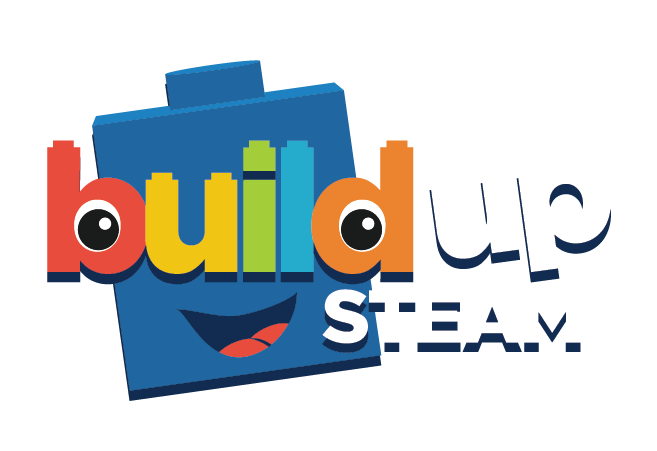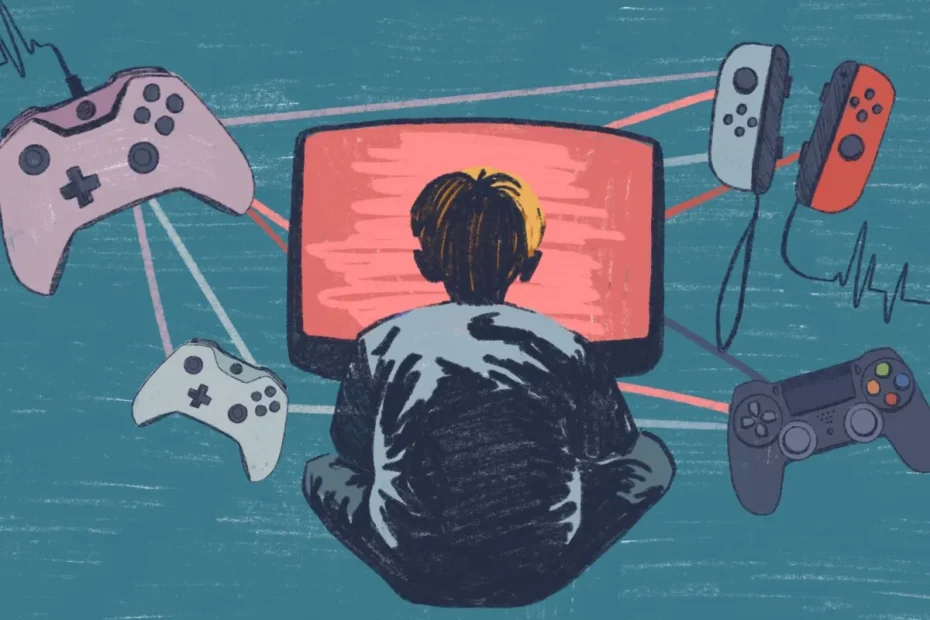On the third Saturday of every month, dozens of patients at C.S. Mott Children’s Hospital experience an unusual type of treatment: video game therapy.
Hosted by the Therapeutic Gaming and Patient Technology Department, Mott Arcade is an in-person social event that provides children with the chance to play video games, make new friends and experience a sense of normalcy that hospital stays might otherwise strip away. Volunteers, child care specialists, patients and their family members gather in a conference room at Mott to play games like Mario Kart and Just Dance in a stress-free environment.
Connor Rivera, a patient technology project manager at Michigan Medicine, said he believes video games can positively transform a child’s experience at Mott.
“It puts the kids into a position of power that a lot of times the hospital has taken away from them,” Rivera said. “So when a nurse or health care provider comes in, it’s like, ‘You need to move into this position, we need to take your vitals, we need to do a poke, you need to take this pill.’ We’re coming in and just saying, ‘What do you want to do?’”
Long-term child patients often experience feelings of isolation, especially in the wake of the COVID-19 pandemic. Qadriyyah Williams-Phillips, Michigan Medicine Child Life Assistant, said she believes events like video game therapy sessions can help alleviate isolation through increasing opportunities for socialization.
“I think the socialization is a huge thing because you’re getting to play with other kids and getting to be around people,” Williams-Phillips said. “That’s kind of where we are on an everyday basis, around people. But sometimes when you’re in the hospital in your room a lot, you’re not really socializing.”
J.J. Bouchard, the manager of the Therapeutic Gaming and Patient Technology program, first identified the social impact of video games in pediatrics nearly a decade ago when he pioneered the approach at Mott. In an interview with The Michigan Daily, Bouchard said an increasing need for specialists in therapeutic technology led to the official creation of the program.
“I’ve been using video games (in my work) for a long time, but we officially created the Therapeutic Gaming program in 2015, which is also the same time that we had Xbox 360s installed in all of our rooms,” Bouchard said. “It was unofficially my job to make sure those were all working, and we quickly realized that we needed somebody full time to really help manage all of the amazing recreational technology that was being donated.”
The program has since expanded to include not only daily video game therapy and a monthly arcade event, but also virtual reality experiences. Other opportunities for patients include 3D printing projects, bedside game carts, iPad gaming and a Lego robotics program hosted by Buildup STEAM, a robotics studio designed to promote hands-on play and education through custom programs.
John McInerney, executive director and co-founder of Buildup STEAM, described his volunteer experiences at Mott that led him to form the program in 2017.
“I started with bringing in Legos, learning how the hospital works, what sanitation processes we needed to do and what kids liked to do,” McInerney said. “It got to a point where I was like, ‘Alright, these big Lego piles and group events are fun, but I think it’d be more impactful if we could do robots at the bedside. If I could bring this to the kids, it could transform the whole experience.’ When we were able to actually make that happen, it changed the game.”
Buildup STEAM is currently partnered with three children’s hospitals in Michigan and Pennsylvania. At each of these locations, patients have the chance to construct codable, moving robots from their hospital beds on a special tray or at the Lego table during Mott Arcades.
“Our iPad essentially has a menu of robots that the kids can choose from,” McInerney said. “The kids can choose whatever robot’s the coolest. We actually have 36 different projects right now. Each little bin of parts is like a Lego Creator Set where each one can build six different robots, so if kids want to keep on building robots, (it’s) easy.”
Dance Marathon at the University of Michigan, a student organization dedicated to fundraising for child therapy programs at Mott, supports the hospital with donations and volunteers for events like the video game therapy sessions. LSA junior Ashley Lewis, a DMUM member who attended last week’s event, said she believes it is important for volunteers to have direct experiences with the kids the organization provides for.
“This is my first time volunteering at Mott, but just being able to see the impact of all the fundraising that we’ve been doing pays off,” Lewis said. “Being able to interact with kiddos … I feel like it’s a really good experience. Sometimes the hospital, it’s kind of sad, you know? Especially when you’re young, I know it could be a really hard experience, so anything that I could do to make it better for them makes me happy.”
The department also receives financial support from the #StreamforMott campaign, a fundraising platform that allows online creators to broadcast video games while collecting donations for the program. According to Rivera, streamers have generated $265,345 for the Therapeutic Gaming program since 2020. Bouchard said the gaming community’s support has allowed the program to impact 1,000 more patients.
“Our streamers can fundraise for us, and we invite them to actually come to these Mott arcades to see what their fundraising has done and the impact that it has on our kids,” Bouchard said. “Because of those streamers, we’re able to provide day-to-day tune-ups with our gaming systems and buy new games, but also it supports a whole position for us, which allows us to see a thousand more kids a year than we would normally see if we hadn’t had that.”
The Therapeutic Gaming staff streams regularly on Wednesdays, playing new games and discussing future program developments. In February, the staff plans to host a #StreamforMott event called Love for the Little Victors, during which a unique lineup of creators will broadcast on their platforms in support of the program.
“(Love for the Little Victors) is our streaming festival,” Rivera said. “We’ll invite a bunch of creators to go ahead and fundraise … until the end of the month, and every day on our Twitter we’ll be posting (that) the next creator is going live.”
Williams said she hopes to see the event occur more regularly with the growing impact of therapeutic gaming on child patients moving forward.
“I see (these gaming events) happening more often because there’s gonna be a demand for it,” Williams said. “As people get to know what it is, because some kids are repeating, long-term, I can see it gathering more interest.”
Rivera said the Therapeutic Gaming program will continue to improve patients’ experiences at Mott by offering them a reprieve from hospital life with support from streaming and other donors.
“The biggest thing with video games is that opportunity to finally leave the four walls that they’re stuck in,” Rivera said. “No matter what the kid’s ability is in person, they can be anything they want. They can be a giant warrior. They can be a fairy princess, and they can fly and stomp on mushrooms.”
Daily Staff Reporter Marissa Corsi can be reached at [email protected].
Correction 1/26: A previous version of this article stated that Buildup Steam organized the gaming sessions. Buildup Steam is a participating organization in the gaming sessions, which are organized by the Therapeutic Gaming and Patient Technology program. A previous version of this article did not make it clear that the Lego program was a part of Buildup Steam. A previous version of this article misstated that gaming therapy was a monthly event. Gaming therapy is held daily, but the Mott Arcade is held monthly. This article has also been updated to reflect the accurate amount of donations accrued by streamers for the Therapeutic Gaming Program.

